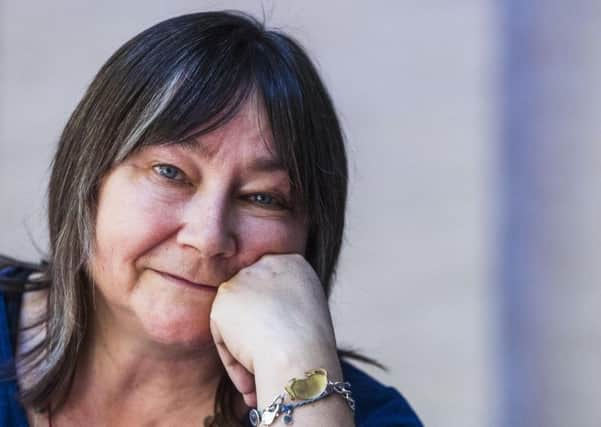Book review: Spring, By Ali Smith


But all three novelists are concerned with the question: what is reality? Spark began with the recognition that novelists tell lies. They say something happened when it happened only in their mind. But all three are liars who are interested in truth, in that sort of truth which Spark identified as “anagogical,” a word defined thus in Chambers Dictionary: pertaining to mystical interpretation; of the strivings of the unconscious towards morally high ideals.” Fair enough, but truth remains, as Murdoch, Spark and Smith all recognise, as slippery as mercury.
We live in a time of “fake news,” but there has always been fake news. To anyone who is not a believer, the Gospels are a fine example of fake news. And what else is fiction? What else is theatre? Think of Hamlet and the soliloquy “O what a rogue and peasant slave am I,” in which Hamlet reflects bitterly on the actor’s ability to summon up passion: “What’s Hecuba to him, or he to Hecuba that he should weep for her?” Quite so: good question.
Advertisement
Hide AdAdvertisement
Hide AdShakespeare is always in the wings ready with a prompt in Smith’s fiction. Spring is, she says, a riff on Pericles, Prince of Tyre, a play of which Shakespeare wrote at most half, one that few know but also one which recently directors have come to love because they can play with it as they choose. There’s a long-lost daughter, and Richard, one of the chief characters in Spring, has an “imaginary daughter” in his head; she gives him better and kinder advice than his real one. Late Shakespeare plays are concerned with a quest in search of lost innocence; and so is Smith, innocence being hard to recover in – she makes this clear – the time of Brexit, Trumpery and detention centres for immigrants in one of which a character called Brittany, known as “Brit” – “geddit?- sadly and disapprovingly works. Happily however, there is an innocent child, Florence in her school uniform, eager to open the cages. Brit’s mother, incidentally, represents an outdated trust; deludedly she supposes that TV is still the place where you go for news, while Brit knows that news is manufactured elsewhere now and the old sources play ineffectual catch-up.
There is a plot of sorts and there is a wide range of characters and incidents, some of them credible, though we live in a time when what should be the incredible is swallowed avidly by the credulous. Yet, though Smith is alert to the dull dishonesty of authority and its clerks, the novel’s title is not ironic. April may, as Eliot had it, be “the cruellest month,” and in April “the coldest and nastiest days of the year can happen.” Spring, Smith reminds us, is “the great connective. Pass any flowering bush or tree and you can’t not hear it, the buzz of the engine, the new life already at work in it, time’s factory” – unless, of course, this too is fake news. Ali Smith is, I think, a life-enhancer, but you can’t be sure. You can’t really be sure of anything, can you? That’s the message that Shakespeare’s clowns so often deliver. Charlie Chaplin has a brief walk-on part in Spring.
Spring, by Ali Smith, Hamish Hamilton, 334pp, £16.99